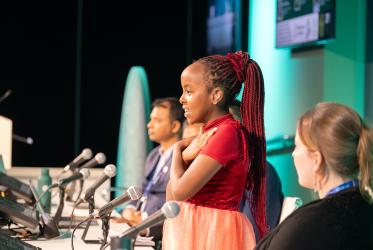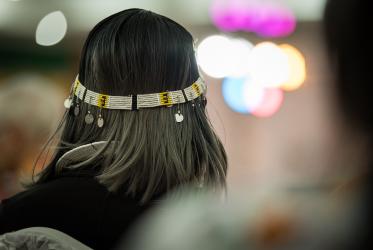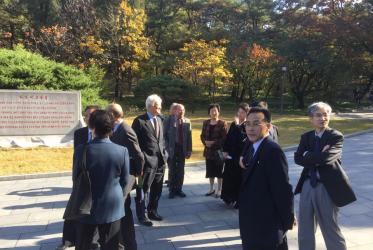Displaying 1 - 13 of 13
In Lebanon, “without peace there is no justice”
21 July 2021
WCC honors world’s indigenous communities
07 August 2020
WCC conference explores ecological injustice in Uganda
21 April 2016







